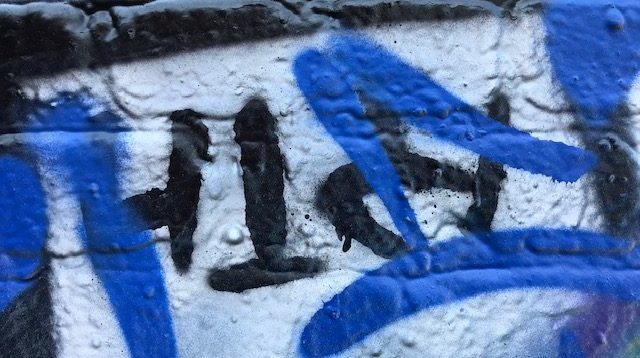
DPAs, DSAs and other D.C. diversion programs during Covid
As described in greater detail elsewhere on this site, deferred prosecution agreements (DPAs), deferred sentencing agreements (DSAs), and other diversion programs provide a good opportunity for first-time offenders and people charged with minor offenses to dispose of criminal charges without being convicted. Unfortunately, as with most everything else in D.C. Superior Court, these agreements have been affected by the Covid-19 pandemic. Specifically, hearings with respect to agreements already in place have been postponed. Many cases will not be heard until 2021.
Although the agreements will stay in effect during this extended time period, the government can always dismiss a case early. To date, neither prosecuting organization in the District of Columbia – the U.S. Attorney’s Office or the Office of the Atorney General (OAG) – appears to have adopted an across-the-board policy on this. At the same time, many individual prosecutors have agreed to do so, particularly in cases in which the defendant has already completed all terms of the agreement. In these cases, the prosecutor has simply filed a “praecipe of dismissal” to enter a nolle prosequi in the case.
Both the U.S. Attorney’s Office and OAG continue to offer diversion programs in new cases. Considering the tremendous backlog of cases that will face the court when it eventually re-opens, there is extra incentive to dispose of as many cases as possible this way. In fact, both prosecutors have been offering diversion programs in a wider range of cases. One of my clients, for example, recently entered into a DSA in a felony gun case.
Entering into a diversion program need not await re-opening of the court on November 9, 2020. In cases in which both parties agree to diversion, the parties enter into formal agreement at a “remote” hearing. This is a hearing at which all parties – defendant, judge, court staff, defense attorney, and prosecutor – participate by teleconference (Webex) or phone. The defendant has to waive his/her right to appear in person, and the parties sign all of the necessary paperwork in advance. The court makes sure that the defendant understands the terms of the agreement, approves it, and the parties agree on the next court date – typically four, six or nine months out.
In cases in which community service is required as part of the agreement, the community service used to be set up in the pre-pandemic era through the D.C. Superior Court Community Service Office. For community service to be performed within D.C., the office would connect the defendant with an organization willing to accept the hours in the District. It would also need to approve an organization for community service hours performed outside of D.C.
The community service office has only recently re-opened, and even now it is operating at a limited capacity. As a result, the prosecutors have shown much more flexibility in allowing defendants to set up their own community service. The only major requirement is that the hours be performed at a true non-profit organization. In some cases, the prosecutor has even agreed to community service that can be performed remotely.
